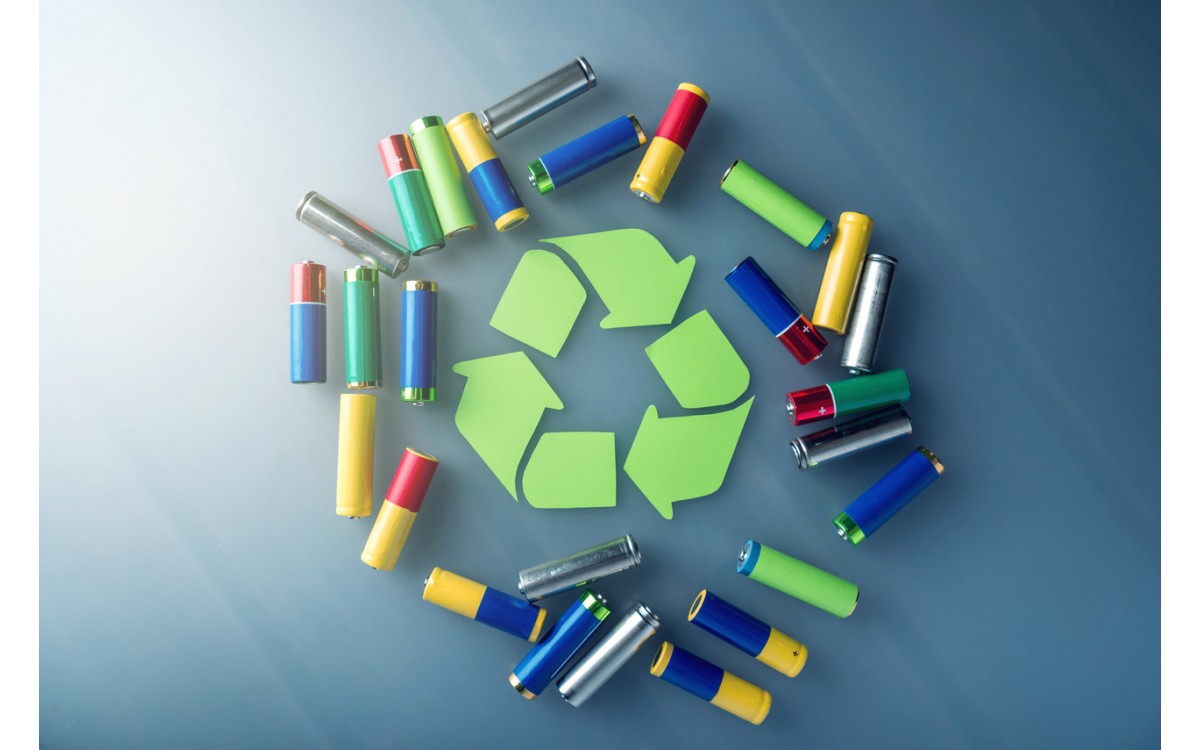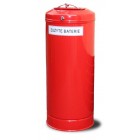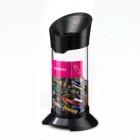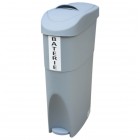Batteries have become an integral part of our daily life, powering numerous devices - from simple remotes to advanced electronic equipment. As our dependence on these portable power sources has grown, a new problem has emerged: the proper disposal of used batteries, which belong to the hazardous waste fraction. With our short article, we want to remind you why battery recycling is so important for our environment and health. We also suggest, where to throw away batteries and where to find containers for used batteries.
Why can't we throw batteries in the regular trash can?
Old batteries ending up in the trash can have serious consequences for the natural environment and human health. It should be mentioned that batteries and accumulators contain heavy metals - including lead, cadmium, mercury, and lithium. If they end up in landfills, where the decomposition process begins, toxic substances will seep into the soil and groundwater. This can result in serious pollution, the effects of which we will feel for many years. Both organisms living in this environment and people consuming water may face neurological problems, kidney and liver damage, and an increased incidence of cancer.
When wondering what to do with used batteries, it is good to remember that they are a valuable secondary raw material. Instead of throwing away used batteries, it is worth deciding to recycle them, thus recovering, among other things, lithium or nickel. Their reuse contributes to the protection of natural resources and the reduction of carbon dioxide emissions. Therefore, it is responsible to use selective municipal waste collection points, where batteries end up in the right place - in special containers.
How to store and where to throw away batteries or accumulators?
Before you start wondering where to dispose of used batteries, make sure they are stored properly at home. It is rather rare for us to throw away each battery individually.
Before handing over the raw material for recycling and reuse, we must store it in a dry room at room temperature. Old batteries cannot be opened or broken, as this risks contamination and unnecessary exposure to the negative effects of heavy metals.
Proper segregation, enabling the recycling of batteries and accumulators, requires the use of special containers for hazardous waste. They are characterized by high-quality workmanship guaranteeing tightness - even if some batteries crack, there will be no dangerous leakage. Where can we find them?
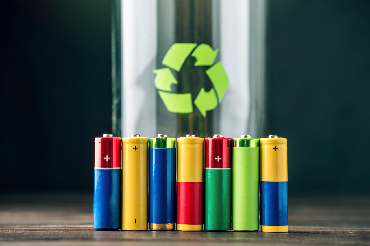
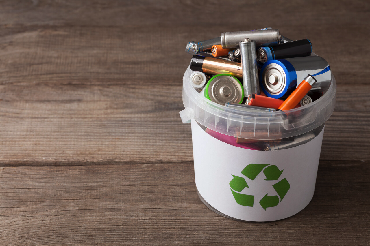
Where to dispose of used batteries?
Where to throw away batteries?
- Used batteries are accepted by PSZOKs - Selective Municipal Waste Collection Points. They are present in every municipality, and they accept various types of waste. In such a place, a container for hazardous waste 120L-240L is used.
- Stores with an area of over 25 m2, where batteries and/or accumulators are sold, are also obliged to accept used batteries. Collection is also carried out by electronics stores. For segregation, for example, a container for used batteries 65L is used.
- Non-working batteries are also collected in many supermarkets. Near the doors, you can notice, for example, a container for used batteries 40L.
Selective collection of different fractions sometimes also takes place in offices, schools, local shops or catering establishments. However, such places opt for much smaller containers, e.g. a Btube 10L container for used batteries.









 Waste Containers
Waste Containers Waste Bins
Waste Bins Street And Park Waste Bins
Street And Park Waste Bins Sand And Salt Containers
Sand And Salt Containers Hazardous Waste Containers
Hazardous Waste Containers House And Garden
House And Garden Park Benches
Park Benches

